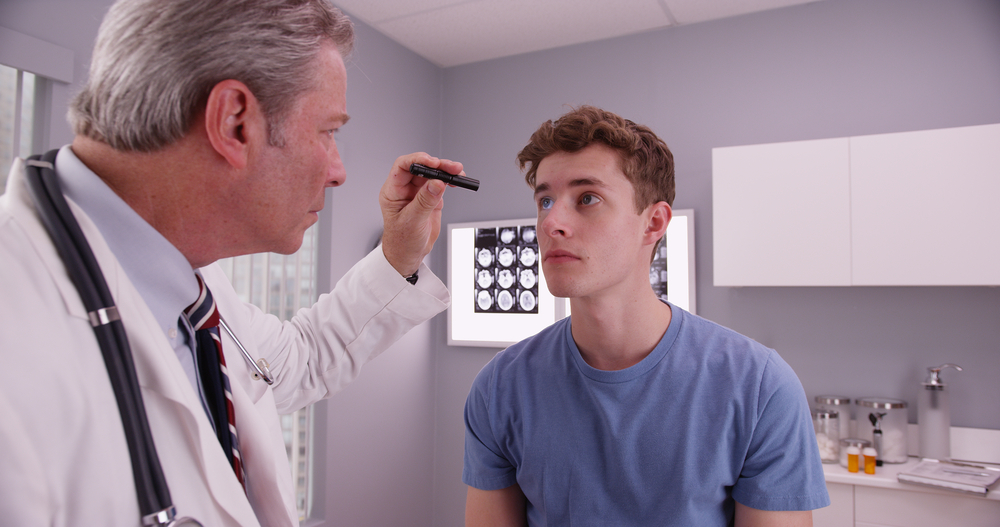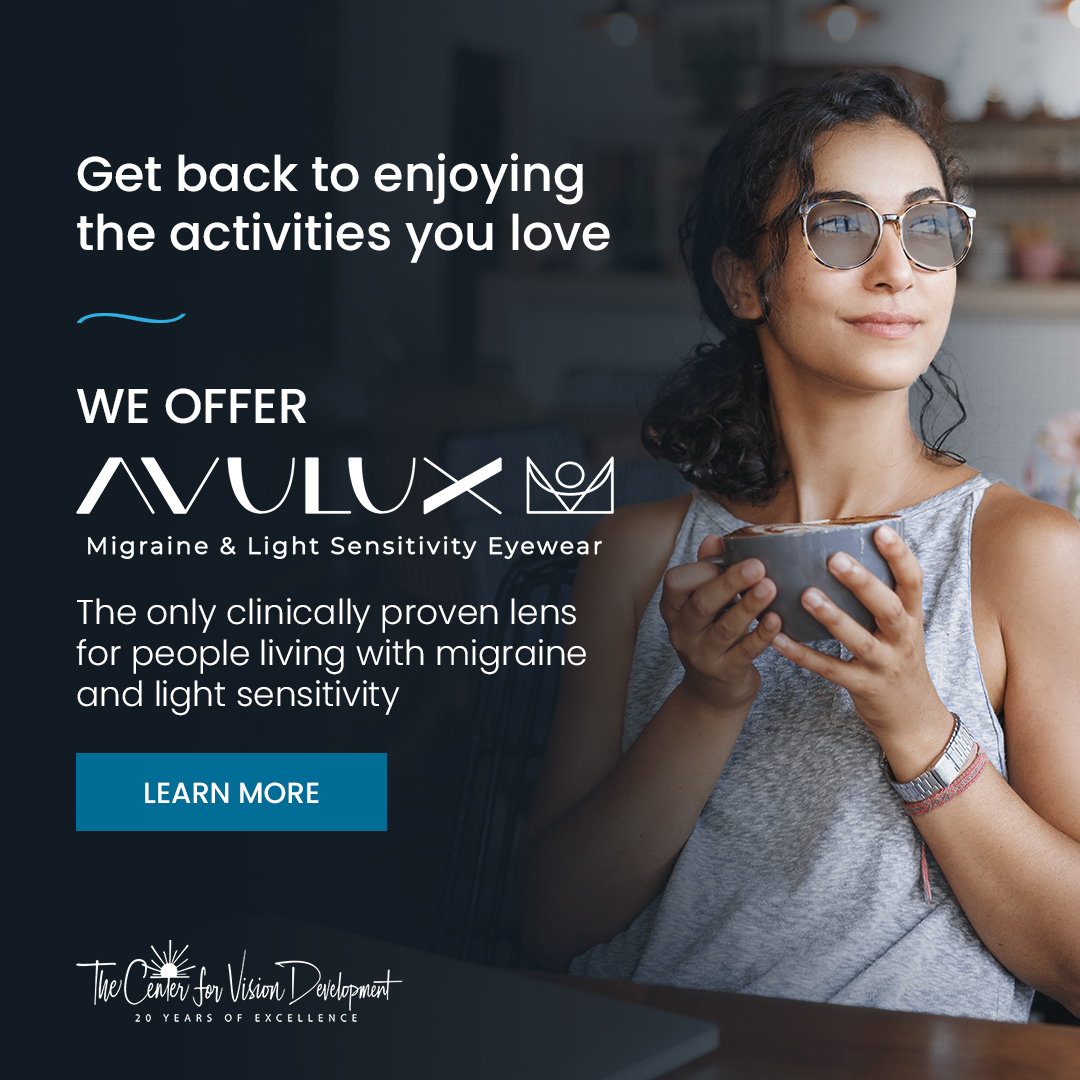
A concussion, often referred to as a mild traumatic brain injury (TBI), can have significant effects on the brain’s ability to process visual information. Even though the injury may not directly involve the eyes, the brain's complex visual system can be disrupted, leading to a range of vision-related symptoms. Understanding these effects is crucial for recognizing when visual care is needed after a concussion.
Common Vision Problems After a Concussion
When a person sustains a concussion, they may experience several vision-related issues. Some of the most common symptoms include:
Blurred Vision: Difficulty focusing on objects or reading text can be one of the earliest signs of visual disturbance.
Double Vision: Seeing two images of a single object can make day-to-day tasks like reading or driving challenging.
Light Sensitivity (Photophobia): Sensitivity to light, especially fluorescent or bright lighting, is a common issue, making environments like offices or grocery stores uncomfortable.
Difficulty with Eye Tracking: Following moving objects or smoothly transitioning between near and far tasks can become problematic.
Headaches or Eye Strain: Eye strain, particularly when trying to focus for prolonged periods, can trigger headaches.
Difficulty with Peripheral Vision: Some people report problems noticing objects in their peripheral field of view.
Balance Issues: Poor visual coordination can result in balance problems, as the brain struggles to process spatial information correctly.
These vision issues can occur because the visual system is deeply connected with other parts of the brain responsible for motor skills, attention, and balance. When those areas are impacted, the ability to see and process visual information accurately is affected.
What is Neuro Vision Rehabilitation?
Neuro vision rehabilitation is a specialized form of therapy designed to help individuals who have experienced visual disturbances after a brain injury like a concussion. The therapy focuses on retraining the brain to work with the visual system more effectively, helping the patient regain proper visual function and reduce the symptoms they experience.
This rehabilitation program typically begins with a comprehensive eye exam, where a developmental optometrist assesses how the brain and eyes are working together. The evaluation may include tests for tracking, focusing, visual acuity, and peripheral vision. Once the assessment is complete, the optometrist will create a personalized treatment plan tailored to the patient's unique visual needs.
How Neuro Vision Rehabilitation Can Help
The goal of neuro vision rehabilitation is to restore the connection between the brain and the eyes. Treatment may include:
Vision Therapy Exercises: These exercises are designed to strengthen the eye muscles, improve eye coordination, and enhance the brain's ability to process visual information.
Prism Lenses: Special lenses may be prescribed to help with double vision or difficulty with eye alignment.
Light Therapy: This treatment can help the brain learn to heal by influences on the autonomic nervous system from specific colors of the visible light spectrum. It can have significant impacts by lessening headaches and light sensitivity; and it can improve the quality of your sleep.
Balance and Spatial Awareness Training: Therapy often involves exercises that improve visual-spatial awareness, which can reduce balance issues.
Neuro vision rehabilitation is a gradual process, but it can significantly improve visual function and help patients regain independence in daily activities like reading, driving, and working.
Schedule a Consultation with The Center for Vision Development Today
Vision problems following a concussion are more common than many people realize. If left untreated, these issues can impact the quality of life, making it difficult to return to work, school, or other daily activities. However, neuro vision rehabilitation offers hope by retraining the brain and eyes to work together, promoting recovery and helping individuals return to their pre-injury level of function.
If you or someone you know is experiencing vision problems after a concussion, schedule a consultation with The Center for Vision Development to determine if neuro vision rehabilitation is right for you. Contact our primary location in Annapolis, Maryland, by calling (410) 268-4393 to book an appointment today.











